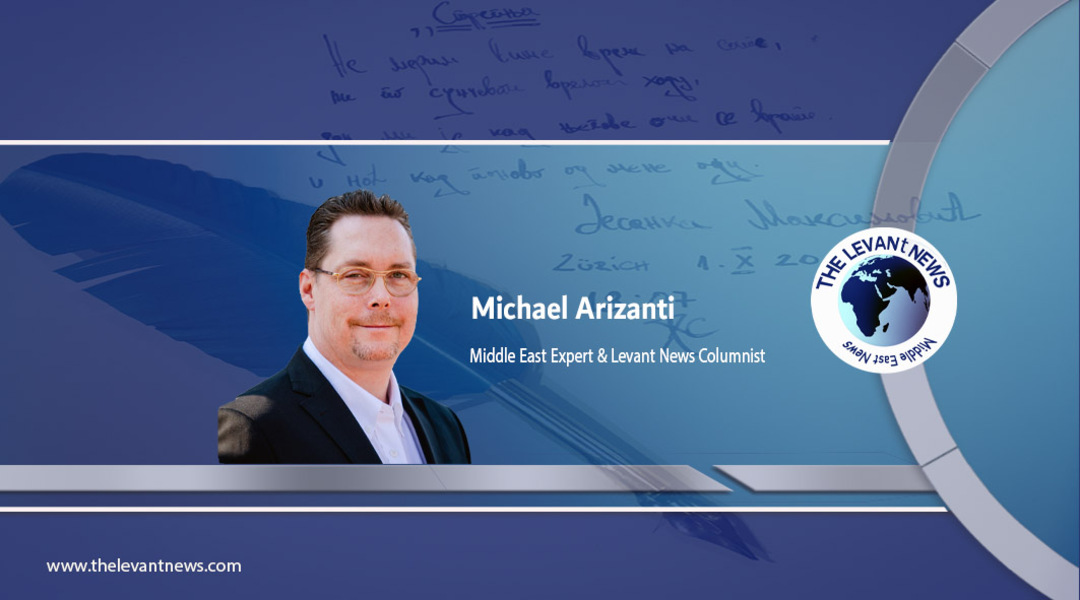-
Hezbollah's Role in Palestinian Suffering

In the tumultuous landscape of Middle Eastern politics, Hezbollah often positions itself as a champion of Palestinian rights, clashing with Israel under the guise of resistance against oppression. However, beneath this façade lies a stark reality that shatters the group's claim to any moral high ground in the Palestinian cause.
The plight of Palestinians in Lebanon, where Hezbollah holds significant influence, exposes a grim truth often overlooked by international commentators and activists. Approximately 270,000 Palestinians live in Lebanon under conditions that can only be described as systemic marginalization—a far cry from the freedoms and rights enjoyed by Lebanese citizens. Denied basic civil, political, and economic rights, these Palestinians face restrictions on property ownership, access to public services, and are barred from over 30 professions, pushing them to the margins of society. This is a form of modern-day apartheid that Hezbollah, while touting its anti-Israel stance, conveniently ignores.
Hezbollah’s repeated engagement with Israel, often framed as solidarity with Palestine, is nothing more than a strategic play to maintain its power in Lebanon. Its involvement in the conflict distracts from the realities on the ground—where Palestinians within Lebanon remain trapped in legal limbo, their basic rights trampled. Hezbollah's so-called defense of Palestinian freedom does not extend to advocating for their welfare within Lebanon’s borders, revealing the hypocrisy of its rhetoric.
If we truly wish to see a free Palestine, it is essential to confront the uncomfortable truth: groups like Hezbollah, the IRGC, and their proxies are not liberators. They are part of the machinery that keeps Palestinians oppressed, using their suffering as a tool for their own regional power games. Their elimination is crucial for any real progress toward Palestinian freedom. True solidarity requires addressing not only external aggressors but also internal oppressors who exploit the Palestinian cause for their own political gain.
Activists and the international community must demand more. The fight for Palestine cannot be complete until the Palestinians are freed from all forms of oppression—whether by Israel or by forces within the region like Hezbollah and its backers.
Michael Arizanti
Middle East Expert & Levant News Columnist
You May Also Like
Popular Posts
Caricature
BENEFIT Sponsors BuildHer...
- April 23, 2025
BENEFIT, the Kingdom’s innovator and leading company in Fintech and electronic financial transactions service, has sponsored the BuildHer CityHack 2025 Hackathon, a two-day event spearheaded by the College of Engineering and Technology at the Royal University for Women (RUW).
Aimed at secondary school students, the event brought together a distinguished group of academic professionals and technology experts to mentor and inspire young participants.
More than 100 high school students from across the Kingdom of Bahrain took part in the hackathon, which featured an intensive programme of training workshops and hands-on sessions. These activities were tailored to enhance participants’ critical thinking, collaborative problem-solving, and team-building capabilities, while also encouraging the development of practical and sustainable solutions to contemporary challenges using modern technological tools.
BENEFIT’s Chief Executive Mr. Abdulwahed AlJanahi, commented: “Our support for this educational hackathon reflects our long-term strategic vision to nurture the talents of emerging national youth and empower the next generation of accomplished female leaders in technology. By fostering creativity and innovation, we aim to contribute meaningfully to Bahrain’s comprehensive development goals and align with the aspirations outlined in the Kingdom’s Vision 2030—an ambition in which BENEFIT plays a central role.”
Professor Riyadh Yousif Hamzah, President of the Royal University for Women, commented: “This initiative reflects our commitment to advancing women in STEM fields. We're cultivating a generation of creative, solution-driven female leaders who will drive national development. Our partnership with BENEFIT exemplifies the powerful synergy between academia and private sector in supporting educational innovation.”
Hanan Abdulla Hasan, Senior Manager, PR & Communication at BENEFIT, said: “We are honoured to collaborate with RUW in supporting this remarkable technology-focused event. It highlights our commitment to social responsibility, and our ongoing efforts to enhance the digital and innovation capabilities of young Bahraini women and foster their ability to harness technological tools in the service of a smarter, more sustainable future.”
For his part, Dr. Humam ElAgha, Acting Dean of the College of Engineering and Technology at the University, said: “BuildHer CityHack 2025 embodies our hands-on approach to education. By tackling real-world problems through creative thinking and sustainable solutions, we're preparing women to thrive in the knowledge economy – a cornerstone of the University's vision.”
opinion
Report
ads
Newsletter
Subscribe to our mailing list to get the new updates!






















